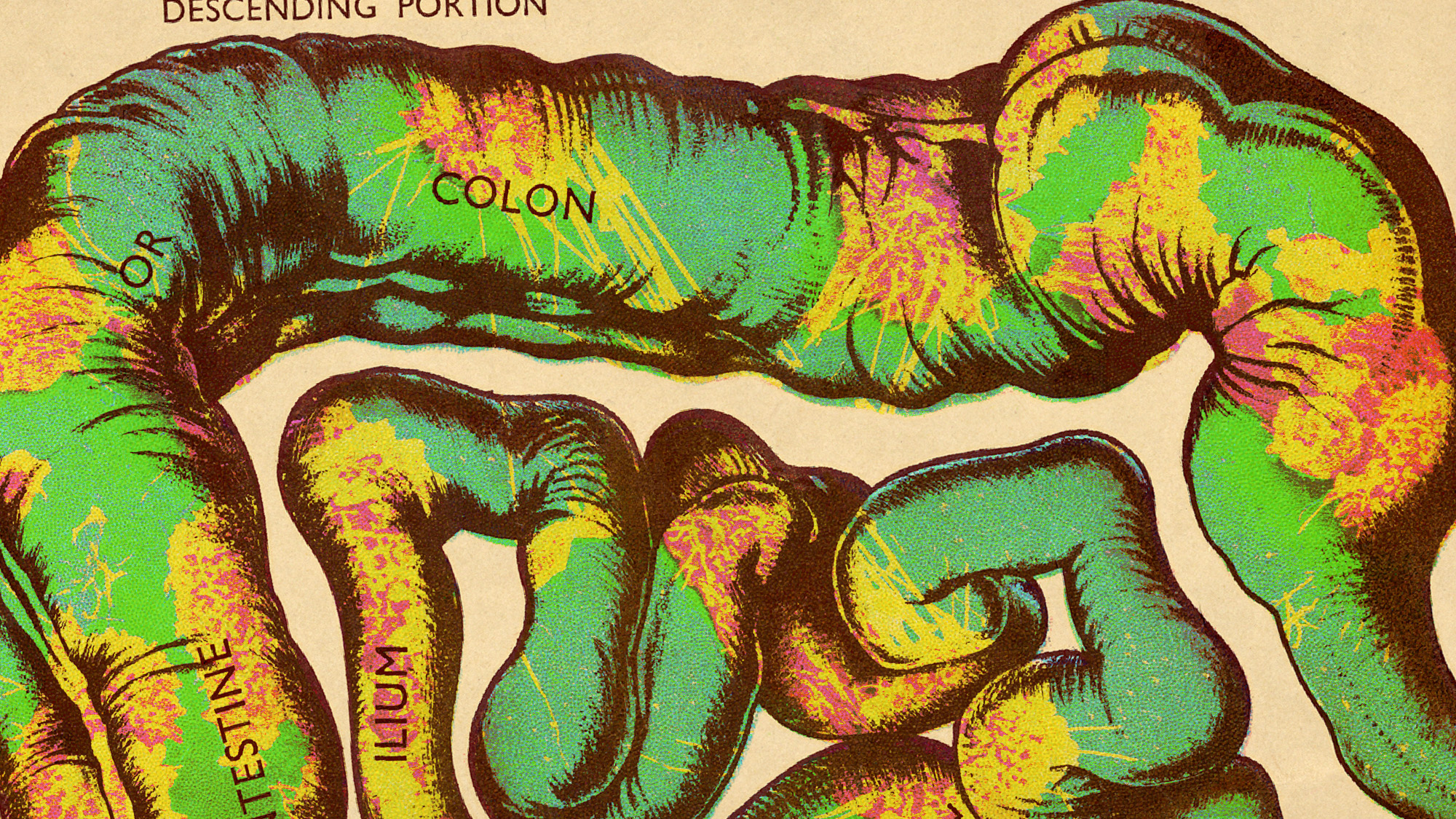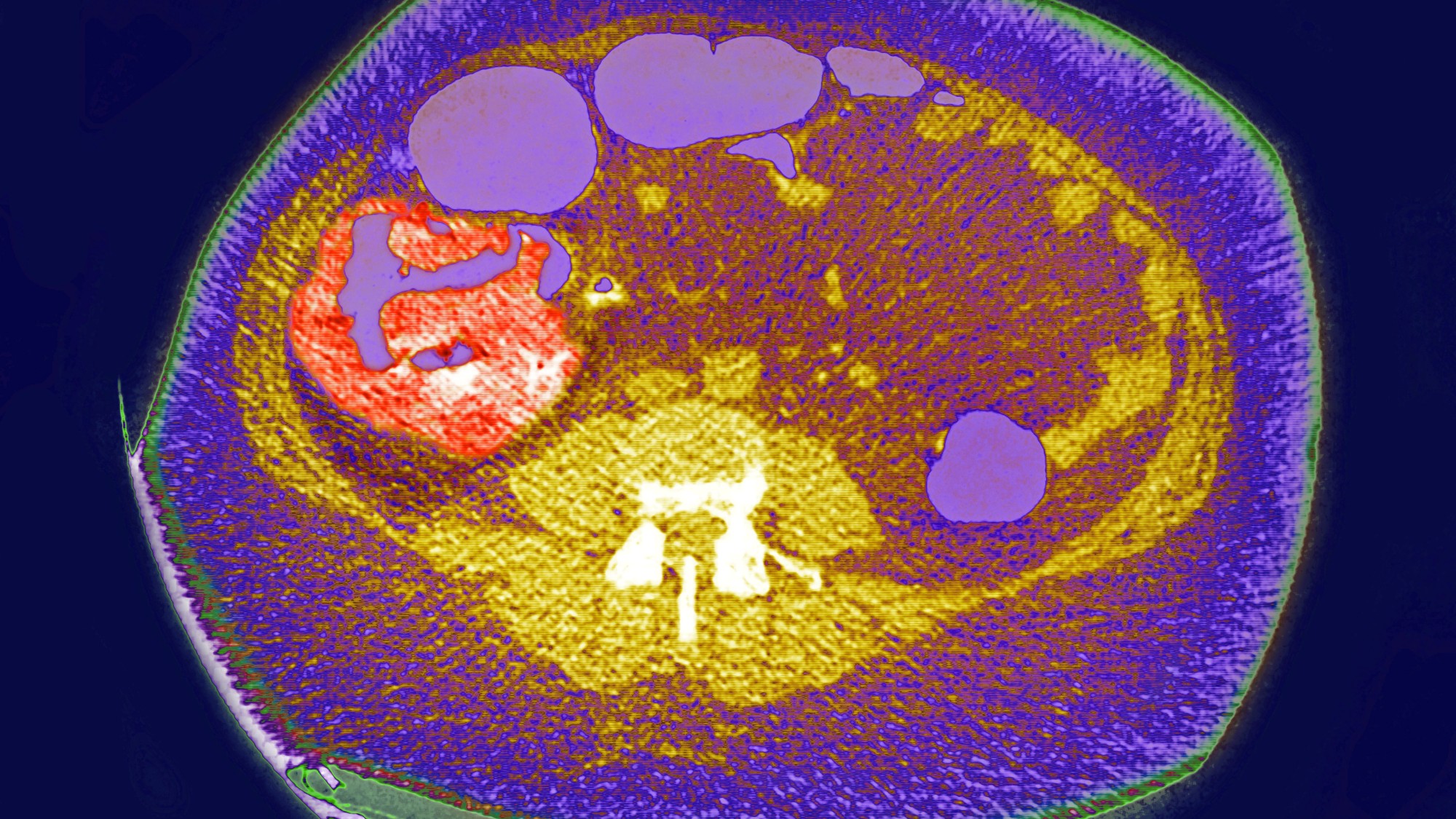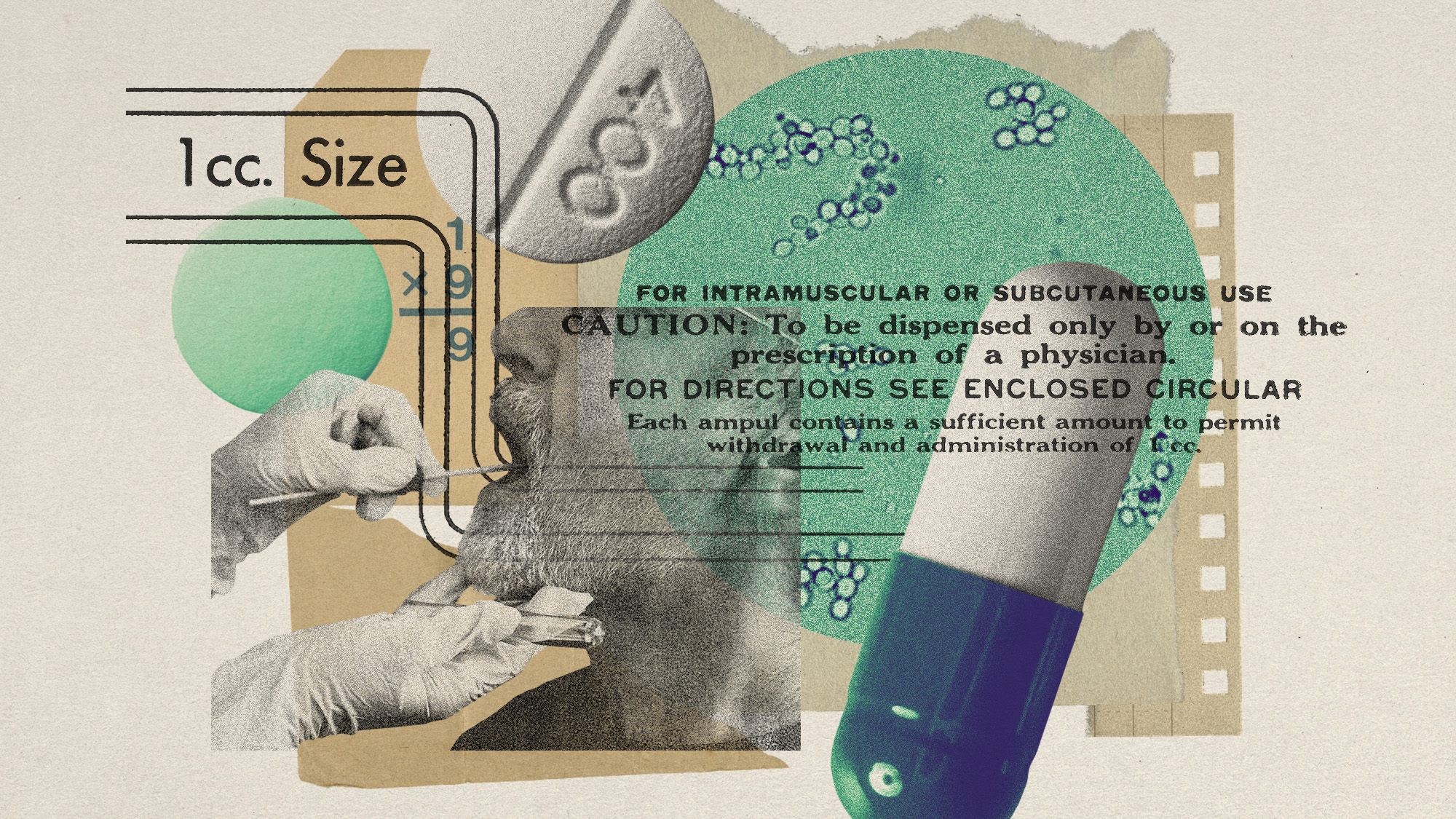Why is the UK still lagging behind in cancer survival?
Study finds UK performing worse than six comparable countries

A free daily email with the biggest news stories of the day – and the best features from TheWeek.com
You are now subscribed
Your newsletter sign-up was successful
The UK’s cancer survival rates still lag behind those of similar countries, a study has found.
In what The Guardian describes as a “major research exercise”, the study in Lancet Oncology examined the one-year and five-year survival of cancer patients in Australia, Canada, Denmark, Ireland, New Zealand, Norway and the UK between 1995 and 2014.
They found that the chances of surviving cancer have improved in the UK, with five-year survival rates for colon cancer up from 48% to 62% and one-year survival for lung, ovarian and oesophageal cancer up by around 15%.
The Week
Escape your echo chamber. Get the facts behind the news, plus analysis from multiple perspectives.

Sign up for The Week's Free Newsletters
From our morning news briefing to a weekly Good News Newsletter, get the best of The Week delivered directly to your inbox.
From our morning news briefing to a weekly Good News Newsletter, get the best of The Week delivered directly to your inbox.
However, the UK still performed worse than Australia, Canada, Denmark, Ireland, New Zealand and Norway. Cancer Research UK told the BBC that the UK could do better and called for more “investment in the NHS and the systems and innovations that support it”.
It added: “We will not see the necessary improvements in diagnosis and access to treatment unless we have enough of the right staff across our NHS.”
The authors of the study said the different survival rates was partly explained by how swiftly patients get a diagnosis and then get prompt access to effective treatment.
John Butler, a co-author of the report, said “continued investment in early diagnosis and cancer care plays a big part” in survival rates, adding: “Despite our changes we’ve made slower progress than others.”
A free daily email with the biggest news stories of the day – and the best features from TheWeek.com
The Daily Mirror puts it more directly, saying “a lack of funding to boost early diagnosis is why Britain did so poorly”.
In England, the NHS target is for cancer treatment to start within 62 days of an urgent referral in 85% of cases, but 94 out of 131 (around 70%) cancer services in England failed to do that during 2018/19.
Despite this, the Department of Health and Social Care said: “Cancer survival rates are at a record high.”
-
 The ‘ravenous’ demand for Cornish minerals
The ‘ravenous’ demand for Cornish mineralsUnder the Radar Growing need for critical minerals to power tech has intensified ‘appetite’ for lithium, which could be a ‘huge boon’ for local economy
-
 Why are election experts taking Trump’s midterm threats seriously?
Why are election experts taking Trump’s midterm threats seriously?IN THE SPOTLIGHT As the president muses about polling place deployments and a centralized electoral system aimed at one-party control, lawmakers are taking this administration at its word
-
 ‘Restaurateurs have become millionaires’
‘Restaurateurs have become millionaires’Instant Opinion Opinion, comment and editorials of the day
-
 The truth about vitamin supplements
The truth about vitamin supplementsThe Explainer UK industry worth £559 million but scientific evidence of health benefits is ‘complicated’
-
 Covid-19 mRNA vaccines could help fight cancer
Covid-19 mRNA vaccines could help fight cancerUnder the radar They boost the immune system
-
 Deadly fungus tied to a pharaoh's tomb may help fight cancer
Deadly fungus tied to a pharaoh's tomb may help fight cancerUnder the radar A once fearsome curse could be a blessing
-
 'Poo pills' and the war on superbugs
'Poo pills' and the war on superbugsThe Explainer Antimicrobial resistance is causing millions of deaths. Could a faeces-filled pill change all that?
-
 The Y chromosome degrades over time. And men's health is paying for it
The Y chromosome degrades over time. And men's health is paying for itUnder the radar The chromosome loss is linked to cancer and Alzheimer's
-
 A bacterial toxin could be contributing to the colorectal cancer rise in young people
A bacterial toxin could be contributing to the colorectal cancer rise in young peopleUnder the radar Most exposure occurs in childhood
-
 Why are more young people getting bowel cancer?
Why are more young people getting bowel cancer?The Explainer Alarming rise in bowel-cancer diagnoses in under-50s is puzzling scientists
-
 Five medical breakthroughs of 2024
Five medical breakthroughs of 2024The Explainer The year's new discoveries for health conditions that affect millions